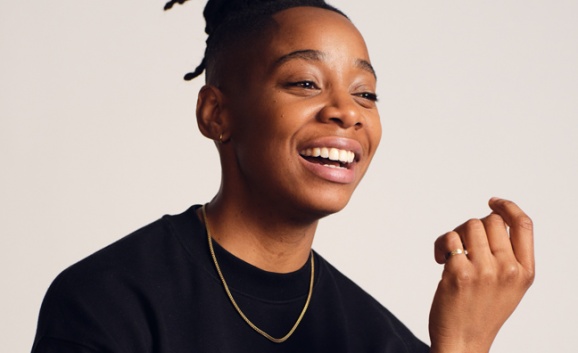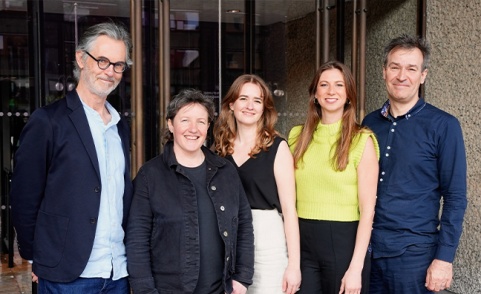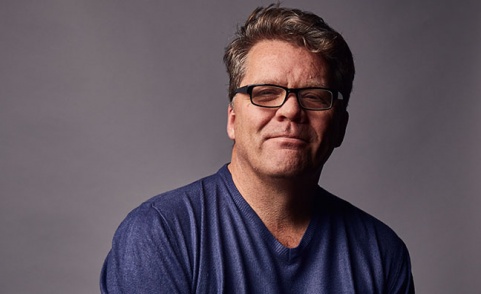interviews
Exclusive digital cover: Dotty talks Black music, radio and hosting the Music Week Awards 2024
As Apple Music’s lead cultural curator of Black Music, UK and the host of The Dotty Show, Dotty is at the forefront of championing Black music and breaking acts in the UK and beyond. On May 2, she will be ...












